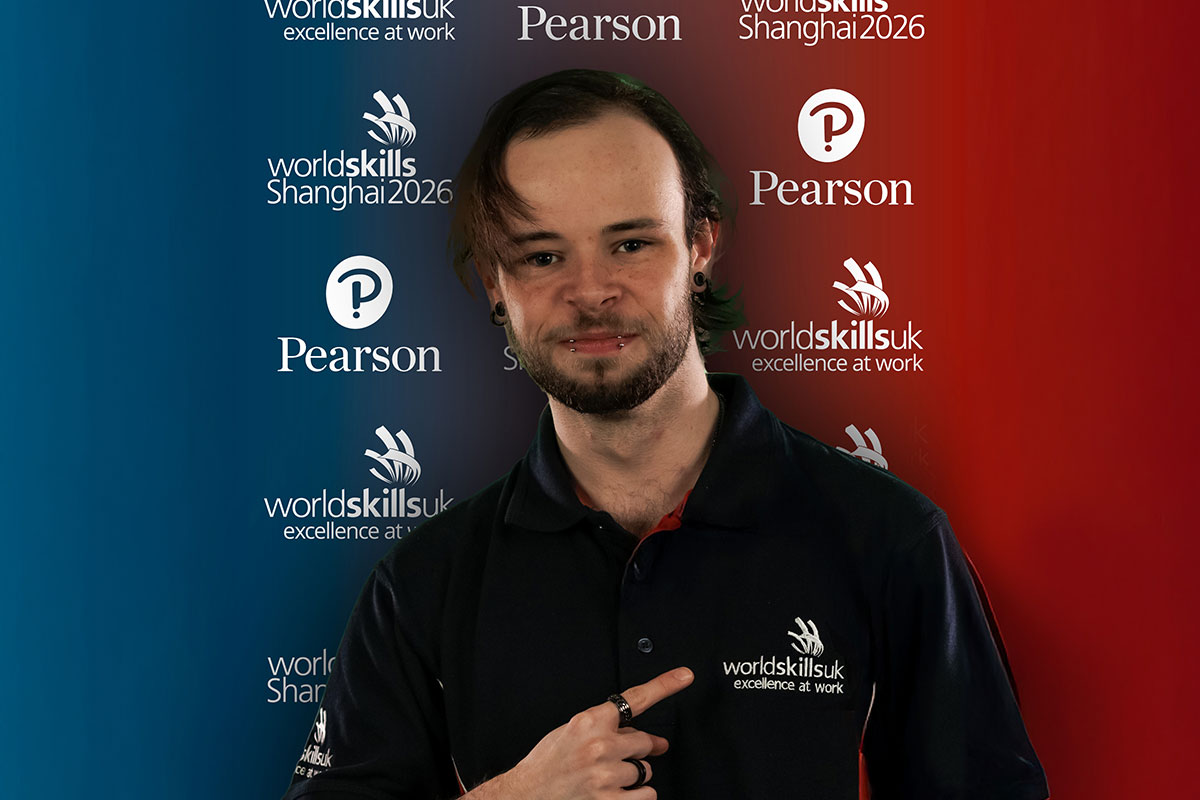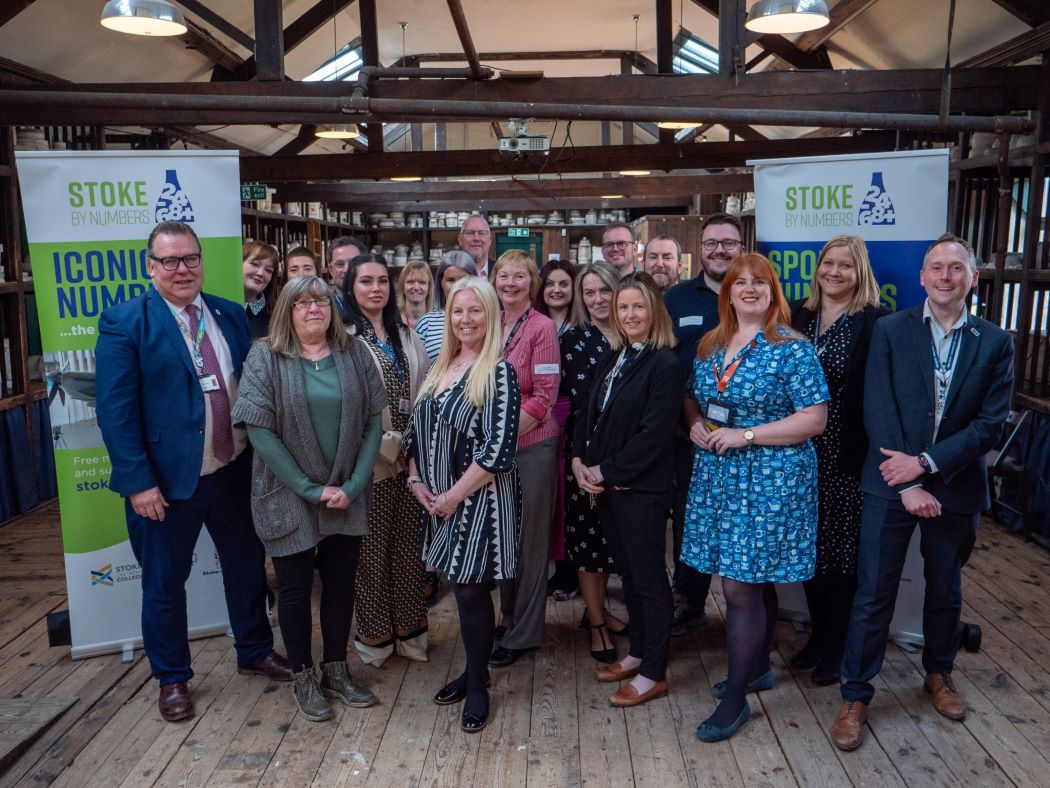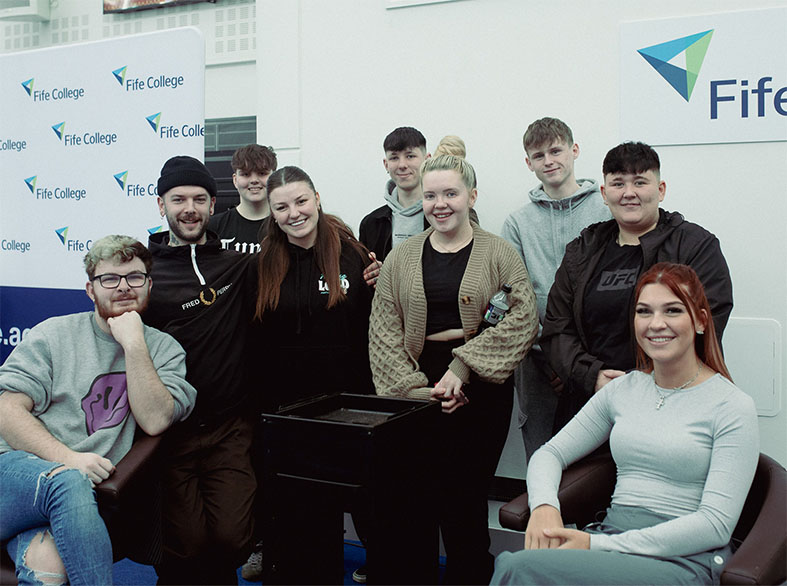NEW REPORT ON WORKING CONDITIONS IN HIGHER ED

The Higher Education Policy Institute is publishing a new report, Comparative Study of Higher Education Academic Staff Terms and Conditions, which was commissioned from SUMS Consulting.
The paper benchmarks the pay and benefits of academics based on the various drivers of ‘Good Work’ defined by the Chartered Institute of Personnel and Development (CIPD).
It finds:
- many working conditions in higher education are relatively generous, and sometimes much more so, than in other sectors – for example, in areas like pensions, leave, sick pay, parental leave and access to sabbaticals; but
- in some other areas, academics face conditions that are less good than those in other professions, most notably in regard to the proportion of staff on temporary contracts.
A more detailed RAG table is shown in the actual report
Nick Hillman, Director of HEPI, said:
“We know this paper will be deemed controversial by some. But that is because it is novel. We have been living through multiple years of industrial action in the higher education sector without a secure evidence base on whether academics have relatively good or comparatively poor terms and conditions.
“The results show a nuanced picture. On the areas that have been most associated with the recent industrial action – pay and pensions – academics compare well to those in other professions. Generous occupational pension schemes of the sort that disappeared years ago for most staff in the private and charitable sectors remain the norm in academia.
“The position of academics is also favourable in areas like the amount of leave, maternity and paternity arrangements and the likelihood of being entitled to a sabbatical. The report says academics’ sick pay is 13 times more generous than the statutory minimum.
“However, the evidence brought together also confirms that academics score poorly on wellbeing and mental health, with excessive workloads and expectations commonly having a detrimental impact on their lives.
“The most important finding is that the expense of the extra benefits enjoyed by academics on permanent contracts come at the cost of younger staff at an earlier stage in their careers, who can struggle to move on up. For newer academics, it can be much harder to find secure and permanent contracts than it is for employees in other sectors.
“Those on both sides of the recent – and current – industrial disputes in higher education would do well to reflect on what more can now be done to tackle precarity in higher education. On the basis of this research, that seems a more urgent priority, for example, than forever protecting gold-plated pensions against all change.”
Bernarde Hyde, Group CEO of SUMS, said:
“SUMS was commissioned by HEPI to undertake an objective review of published data available in, and of, the UK. We present the results with no position.
“This data, as any benchmarking, is not an end in itself, but instead signposts the sector to areas that may require deeper investigation. Indeed, performing well comparatively does not mean that there is not room for improvement.”











Responses